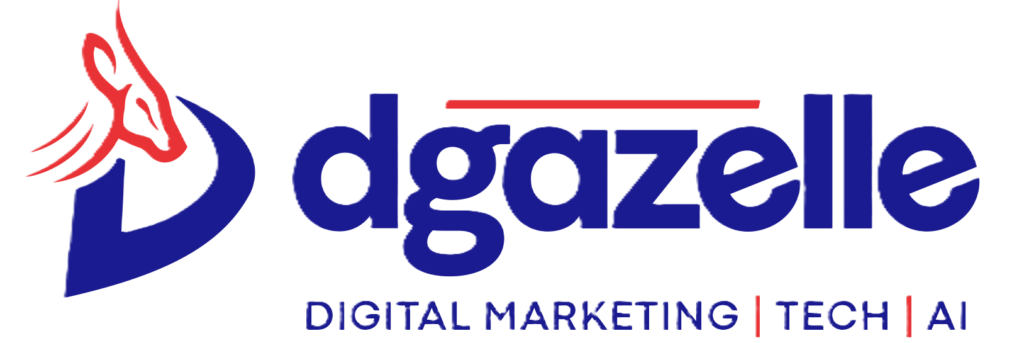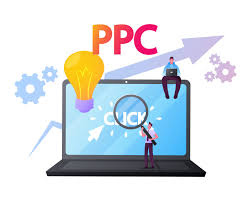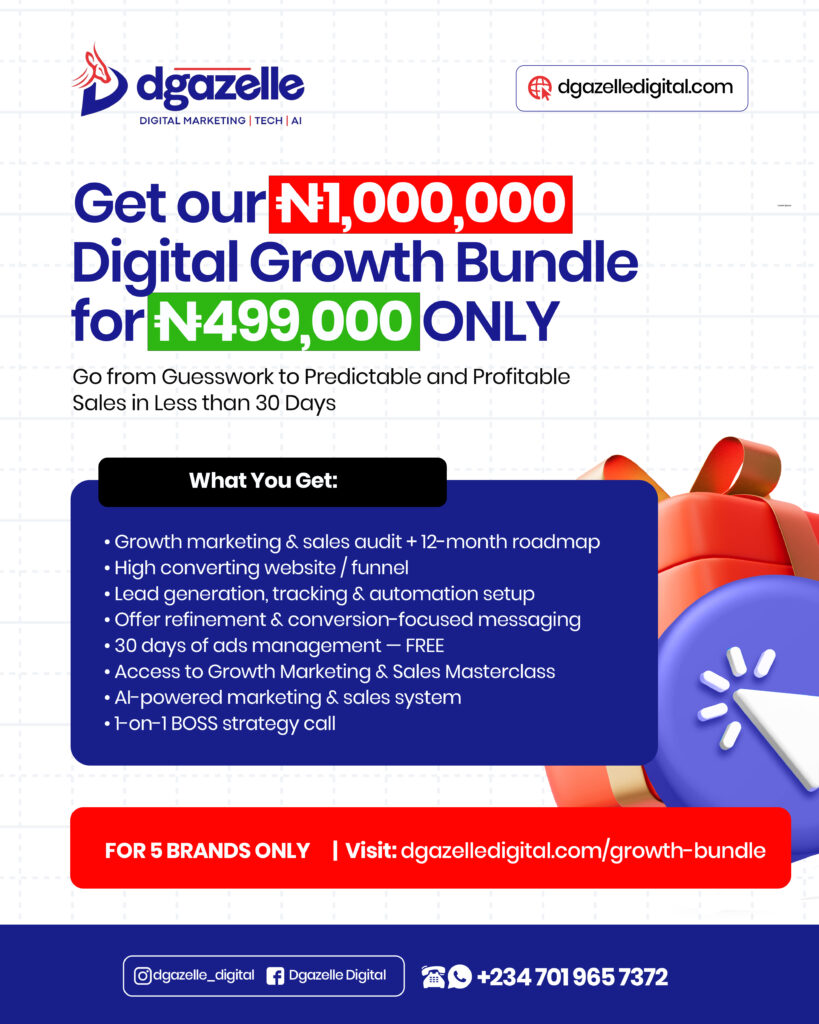Pay-per-click (PPC) marketing can be one of the most efficient—or annoying—methods to grow your company. Due to a few basic errors, most businesses struggle to fully realize the potential of PPC. The unfortunate thing is that these errors are simple to correct and may be avoided! Why then do PPC ads not succeed? In this post, we’ll go over five of the most frequent PPC errors that cost businesses thousands of dollars per month in lost revenue and squandered advertising expenses, along with advice on how to avoid them.
Not adding negative keywords
Make sure the clicks coming from PPC campaigns are good quality and coming from prospects who are most likely to convert when you’re investing your marketing budget in this kind of advertising. Because Google offers multiple match types for your advertisements, they will appear for a variety of keywords, not all of which are pertinent to your company, therefore you will need to stop your ads from appearing for them.
Until you instruct it not to, Google will show your ads for generic keywords like “free” and “cheap.” Therefore, if you’re utilizing phrase match keywords in your campaigns, terms like “free” and “cheap” as well as other terms that Google deems relevant may cause your advertisements to appear.
Make sure the clicks coming from PPC campaigns are good quality and coming from prospects who are most likely to convert when you’re investing your marketing budget in this kind of advertising. Because Google offers multiple match types for your advertisements, they will appear for a variety of keywords, not all of which are pertinent to your company, therefore you will need to stop your ads from appearing for them.
Until you instruct it not to, Google will show your ads for generic keywords like “free” and “cheap.” Therefore, if you’re utilizing phrase match keywords in your campaigns, terms like “free” and “cheap” as well as other terms that Google deems relevant may cause your advertisements to appear.
Ignoring Conversion Tracking
Whether it’s your social media ads or PPC management, conversion tracking is a crucial tool for assessing the performance of paid media initiatives. It’s like trying to navigate in the dark without this crucial measure. Insightful data analysis and strategic decision-making can be greatly aided by properly configuring tracking measures utilizing Google Tag Manager (GTM) and other data gathering sources.
With GTM, you don’t have to worry about breaking into the intricate structure of your website to apply monitoring measures. Individual occurrences can then be tracked and imported into Google Analytics for further monitoring and reporting.
Excellent insights are provided by tools like Google Analytics and GTM, which you can use to optimize your ads and website and improve the performance of your PPC campaigns. You may successfully increase conversion rates and steer clear of typical pitfalls by monitoring data trends and making necessary adjustments to your plans.
Not using location targeting
Your target audience should be the foundation of any effective PPC campaign. It follows that, if you own a local business, you probably want to focus on local clients. Spending money on customers who will never come into your store or make a purchase from you could be a waste if you target other cities. You can prevent your advertising from appearing in places you might not be able to deliver by using negative location targeting.
You can make sure the appropriate people see your advertising in the right places by using location targeting with Google advertising. This can improve conversions and click-through rates, thus enhancing the effectiveness of your advertisements.
Neglecting Testing and Optimization
Continuous testing and optimization are essential components for raising campaign efficacy and ensuring that your marketing tactics resonate with the intended audience. Ignoring these two factors can lead to campaigns that remain static, marketing tactics that are not optimized, and a failure to recognize areas of weakness or opportunity for growth. The notion that one-time testing is sufficient is a misconception that we frequently see, but the truth is far different. Achieving success requires ongoing observation, analysis, and strategy revision in response to new information. It’s an ongoing “work in progress” that calls for dexterity and proficiency. A method of optimization that focuses just on the most obvious measures may miss opportunities for enhancement.
Failing to Craft Ad Copy
Your PPC campaign will attract attention, enhance click-through rates, and increase conversions if they have compelling, creative, and successful ad copy. Paid ads efforts need to connect with your target, be memorable, and bring about the required result. Creating generic material that does not appeal to the target audience, ignoring the usage of target keywords, and failing to write an effective call to action are common mistakes in ad copy.
Another common error is to overlook the significance of writing ad copy that complies with the specific platform being utilized or to ignore the character limit restrictions. Keep an eye out for these mistakes, since they could have a big impact on how successful your campaign is.
Here are some pointers for crafting persuasive ad copy:
- Include relevant keywords: use searchable keywords to improve your ad’s visibility and relevance to user search.
- Create strong calls to action: guide your audience towards a desired action with a concise and persuasive call to action.
- Make it engaging: use powerful words and great narratives to make your ad copy more engaging.
- Test and optimise: implement A/B testing and continuously optimise your ad copy based on data-driven insights.
- Know your character limit: understand the platform’s limitations and keep within these limits.
We understand that creating effective ad material for your company can be difficult, particularly since Google only allows headlines to be 30 characters long and descriptions to be 90 characters long. Still, within the constraints of different platforms, you may produce excellent ad copy with the aid of numerous AI tools available online. As an alternative, you may always think about hiring an professional agency like Dgazelle to create outstanding ad copy
GET IN TOUCH
Over the years, we’ve worked with countless clients across many sectors, guiding them towards their desired success. If you’re feeling overwhelmed or unsure, let us lend our expertise. Get in touch with our team, and let us help you optimise your ad performance.







